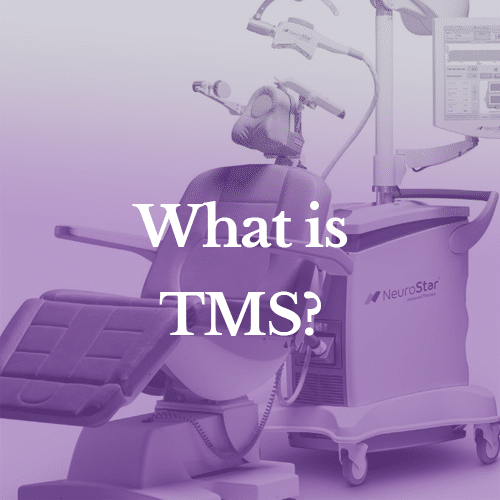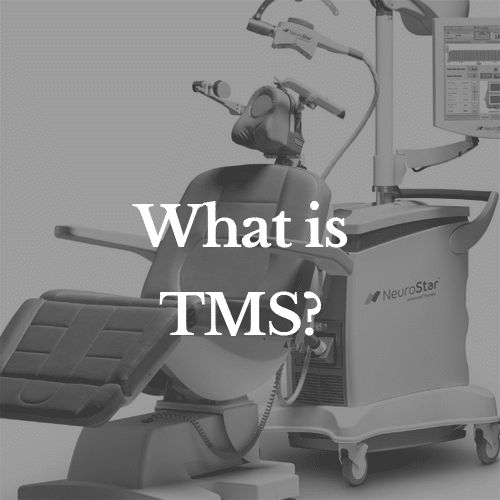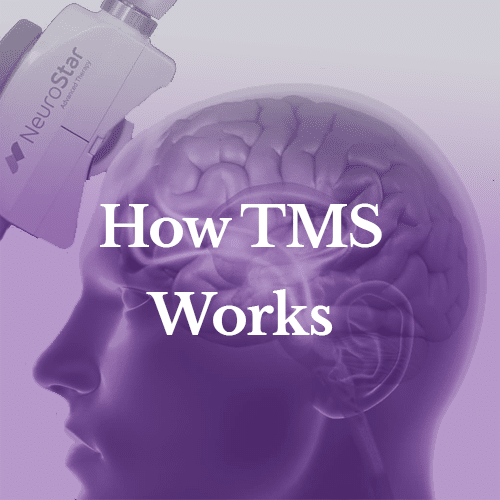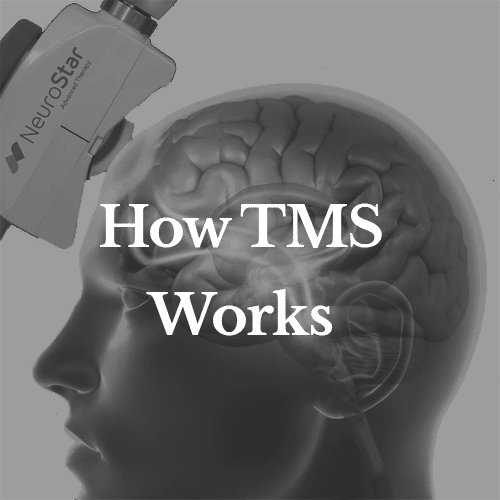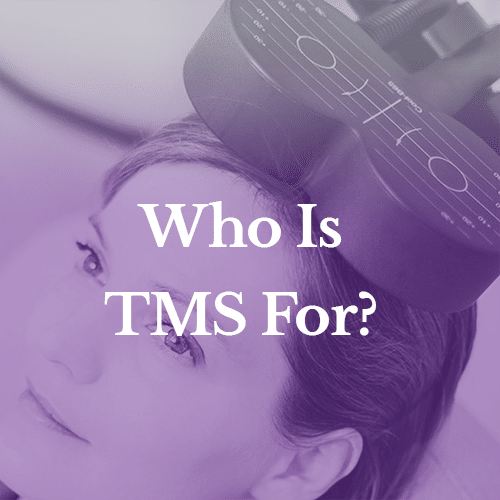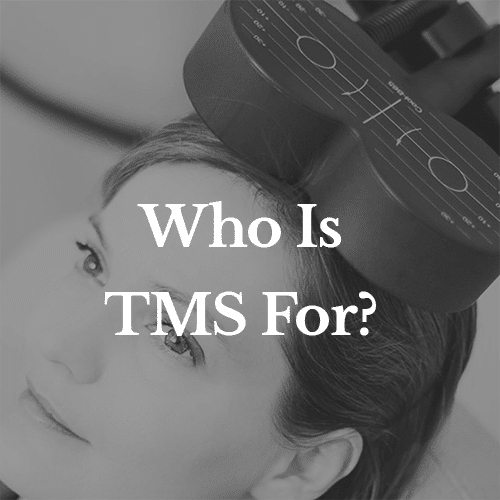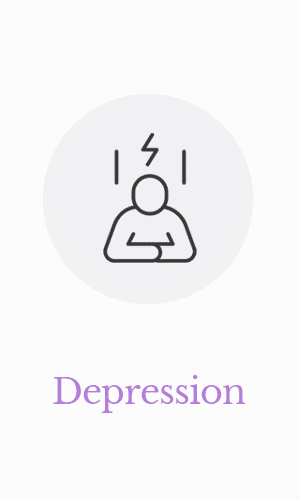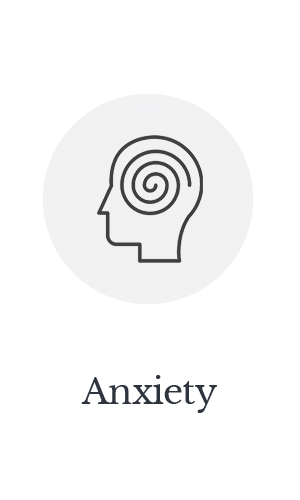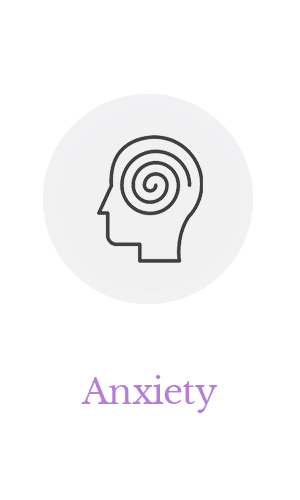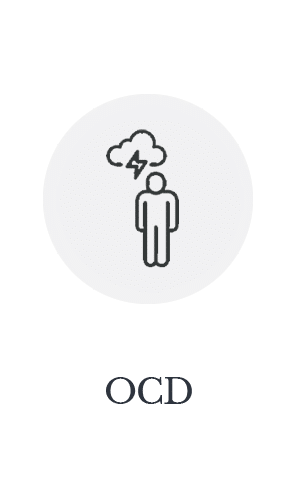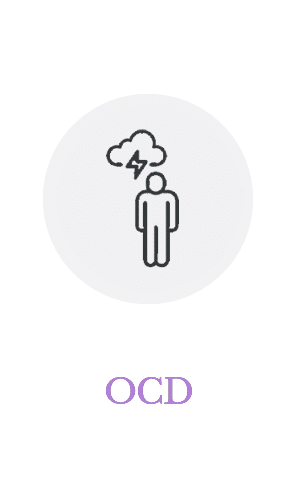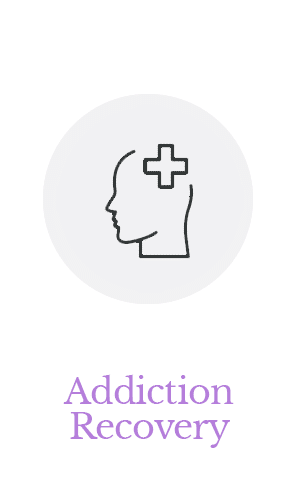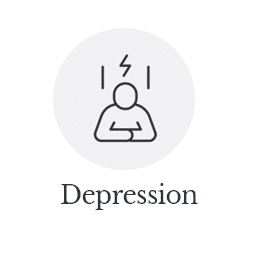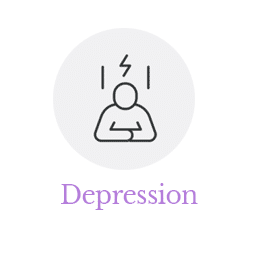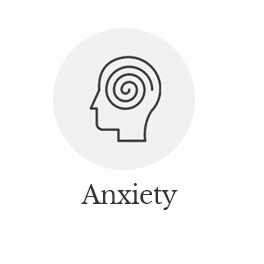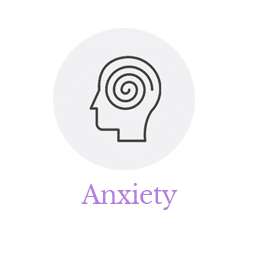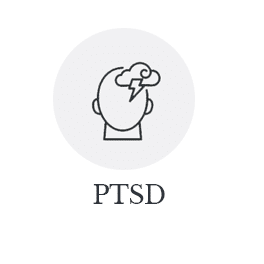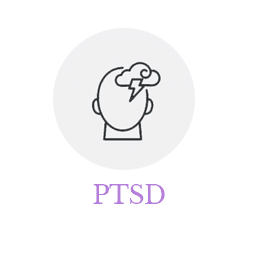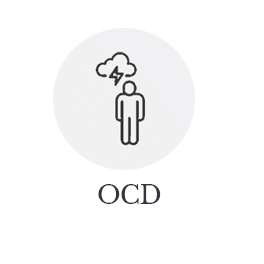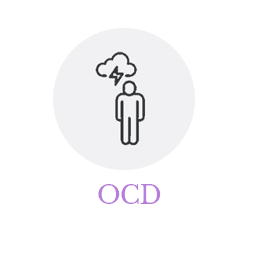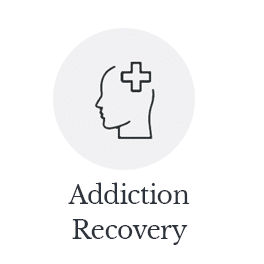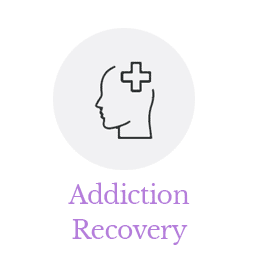Sexual desire is a normal part of life. But when urges feel out of control—leading to risky behavior, shame, and broken relationships—it may be a sign of sex addiction, also called Compulsive Sexual Behavior Disorder (CSBD).
Millions silently struggle with sex addiction, feeling trapped in a cycle of craving, acting out, and guilt. Many don’t know where to turn for help.
If you’re looking for a safe, drug-free option, TMS therapy is showing promise.
Transcranial Magnetic Stimulation (TMS) is a non-medication treatment that targets the areas of the brain responsible for impulse control and emotional regulation.
What Is Sex Addiction?
Sex addiction isn’t just about wanting sex often—it’s about losing control. People with CSBD feel driven to watch porn, seek out escorts, or engage in risky hookups, even when it causes harm.
Common signs include:
- Repeated failed attempts to stop or cut down
- Obsessive sexual thoughts that disrupt daily life
- Risky or impulsive sexual acts
- Damaged relationships or careers
- Feelings of shame, anxiety, or depression
Over time, the brain becomes wired to crave these behaviors, even when they bring pain or regret.
The Brain Science of Sex Addiction
Sex addiction affects the brain’s reward system, much like substance addiction. Impulsive sexual behavior triggers dopamine, creating a powerful loop of craving and temporary relief. Over time, the brain’s self-control centers become weaker, and emotional reward centers take over—making it hard to “just stop.”
This is where TMS therapy can help.
How TMS Therapy Works
TMS uses magnetic pulses to stimulate underactive parts of the brain, especially areas that control impulses and emotions.
TMS can help by:
- Reducing overactivity in brain regions linked to compulsive behavior
- Strengthening impulse control
- Decreasing cravings
- Improving mood and anxiety
TMS is non-invasive, medication-free, and has minimal side effects.
What Does the Research Say?
While research is still growing, early studies are promising. Case reports and clinical trials show TMS can reduce compulsive sexual behaviors and shows similar benefits in related conditions like OCD and gambling addiction.
What to Expect with TMS at Inland Empire TMS
At Inland Empire TMS, you’ll get caring, professional support in a private setting:
- Initial consultation to discuss your symptoms and goals
- Brain mapping to find the right area to target
- Daily sessions (20–30 minutes, 5 days a week for 6 weeks)
- No sedation or downtime—you can drive yourself to and from treatment
Most people describe the sensation as a gentle tapping on the forehead.
Who Should Consider TMS?
TMS may be a good option if:
- Therapy or medication hasn’t helped
- You want a drug-free treatment
- You feel stuck in a cycle of compulsive behaviors and guilt
- You have depression, anxiety, or trauma linked to sex addiction
Comparing Treatment Options
- Talk Therapy: Helps identify triggers and change behavior; effective long-term but can take time.
- Medication: Can reduce anxiety or compulsions, but may have side effects.
- TMS Therapy: Drug-free, non-invasive, low risk, but requires daily visits for several weeks.
A Word About Shame
You are not alone. Shame keeps many people from seeking help, but this is not your fault—your brain’s reward system has been hijacked.
At Inland Empire TMS, you’ll find a safe, judgment-free place to get support and start your recovery.

